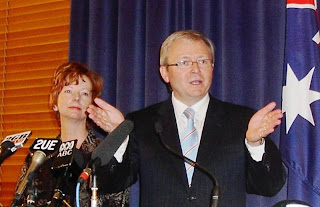On the 6th July, Chinese police shot at and injured a dozen or so Tibetan Monks, as they were trying to celebrate the birthday of the Dalai Lama in Sichuan province, China.
News reports indicated that two monks were shot in the head and many more were
injured by scuffles with the police and army.
This incident is just one of the many that have taken place over the past decades since China's invasion of Tibet in the 1950’s, and forced the Dalai Lama into exile in India.
The last major crackdown on Tibetan monks protesting against Chinese rule was
in 2008, when many were killed in clashes with Chinese security forces.
The Chinese have brutally ruled
over the Tibetan people ever since the invasion in 1950, banning them from
openly worshipping the Dalai Lama, and repressing their religious and political
freedoms.
The Dalai Lama has in recent years
acknowledged that China
will probably never grant independence to Tibet ,
but he has called for more autonomy to the Tibetan people; however this seems
to have fallen on deaf ears back in Beijing .
The Tibetans are still treated like second class citizens with no rights for choices over
their lives. Only a couple of weeks ago there were reports that the Chinese authorities in Tibet have forced hundreds of thousands of Tibetans from their nomadic lives, and moved them into newly built housing complexes, where they had to pay for half the construction costs. Majority of Tibetans are
poor farmers, and by this action alone they have become indebted to the Chinese state.
I think that although the Dalai
Lama as the spiritual leader of the Tibetan people has a point that China is
unlikely to grant independence to Tibet, especially since millions of Han
Chinese have migrated to the region and billions of dollars have been spent on
infrastructure projects, the Chinese authorities should relax their repressive
policies, and allow more autonomy for the Tibetan people.
I have been to
From my personal experience, the Tibetan, like all those who are spiritually connected to their religions (and their connection to their religion not associated with political and economic powers) are peaceful and accommodating of others. Hence I do not understand why the Chinese are so threatened by the Dalai Lama, a man who promotes peace among his supporters rather then violence.
I also can not understand why the Chinese do not allow the Tibetans to practice their Buddhist faith openly, without repression from the authorities.
I think that the Tibetans, whose faith teaches
peace and harmony, are unlikely to take up arms and begin a violent revolution
any time soon. Like all others who feel desperate for freedom, it is their last resort. All they would probably wish for is just some basic human rights
and freedom to practice their faith.







